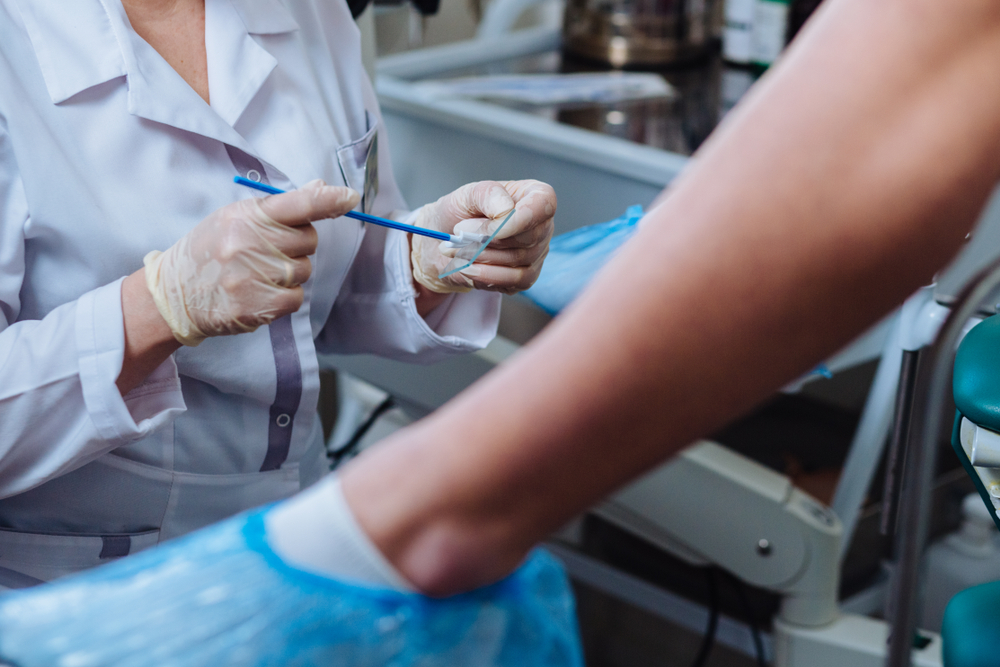
Why is it important to get a pap smear?
The visit to your OB-GYN to get a pap smear is one that most women dread. However, this test is essential in helping to prevent more serious conditions. It’s important to remember that just a few moments of discomfort can potentially save your life.
What is a pap smear?
A pap smear involves collecting cells from your cervix in order to check for pre-cancerous cells and for any traces of human papillomavirus (HPV). The presence of HPV is a risk factor for developing cervical cancer.
If there are abnormal/pre-cancerous changes present in the cervical cells, and they are detected early on, there are preventative treatments that may help to prevent them from developing into cancerous cells.
Who should have a pap smear and how often?
The American College of Obstetricians and Gynecologists (ACOG) recommends that women begin scheduling pap smears from the age of 21. You should have your test every 3 years until age 30. Thereafter, ACOG recommends a pap smear and an HPV test every 5 years.
If there are any abnormal results, or if you have a history of cancer or a weakened immune system, your doctor may recommend more frequent screenings.
What does it involve?
You can have your pap smear done on your annual visit to your gynecologist, or you may schedule a separate appointment for this.
During the procedure, you will lie on your back with your knees bent and heels together, or with your heels in stirrups.
The pap smear is performed with a speculum, which is a special tool that allows your specialist to open your vaginal canal, in order that the cervix can be seen. A sample of cells are then collected from the cervix using a tool called a scraper.
Some women dread their pap smears due to the insertion of these instruments, but most only feel mild discomfort from these tools. The more relaxed you are, the more your vaginal muscles will relax and make the experience less uncomfortable. Taking deep breaths is helpful to relax yourself during the procedure.
After the cells are collected, they will be sent to a laboratory for analysis. Your doctor will contact you several days later with your results.
How do you prepare for your pap smear?
It is best to avoid intercourse, douching or using any vaginal medications up to two days before your pap smear. These may have an effect on the results found during your pap smear.
It is best not to schedule your pap smear during your menstrual cycle. If you are menstruating, your results may be less accurate.
Book your next checkup with Hart Fertility today!
Although it may be an uncomfortable experience for some, a pap smear is well worth your time as it can save your life and help with early detection of serious illness.




